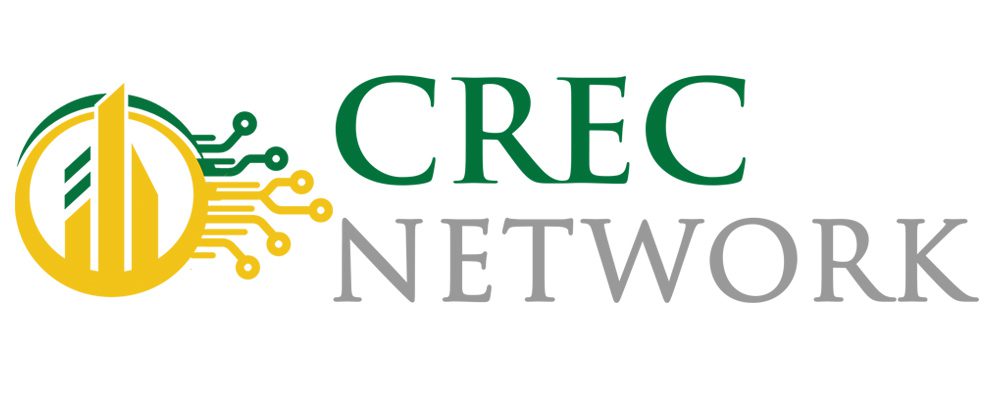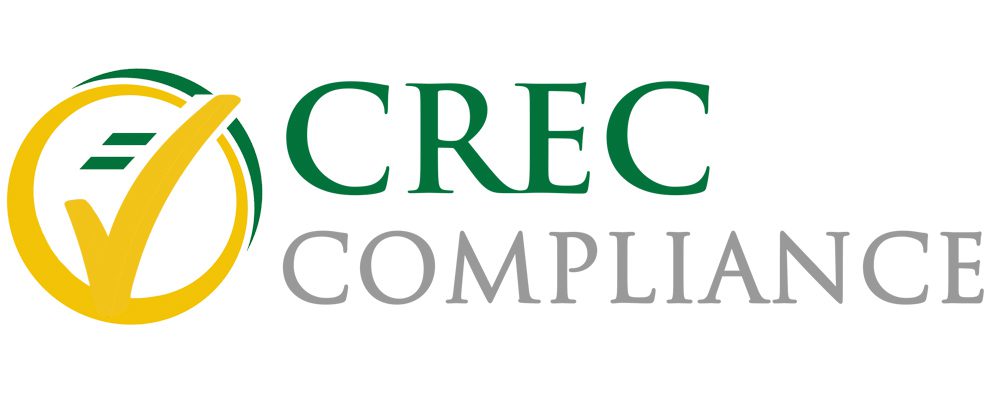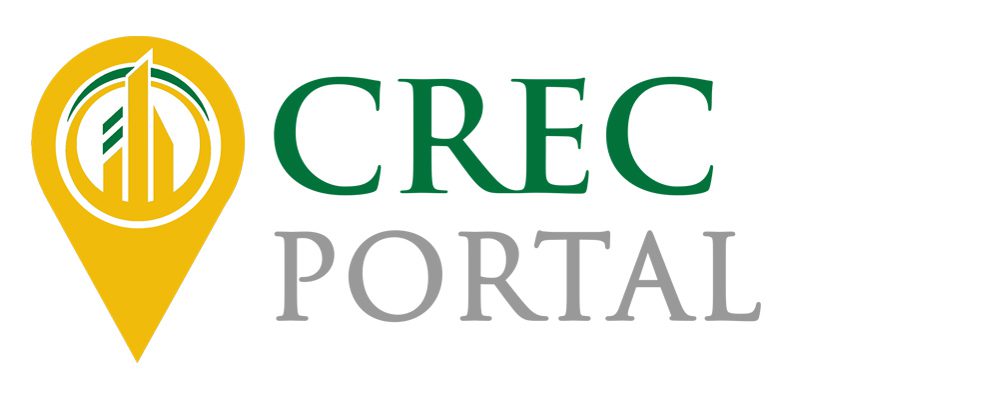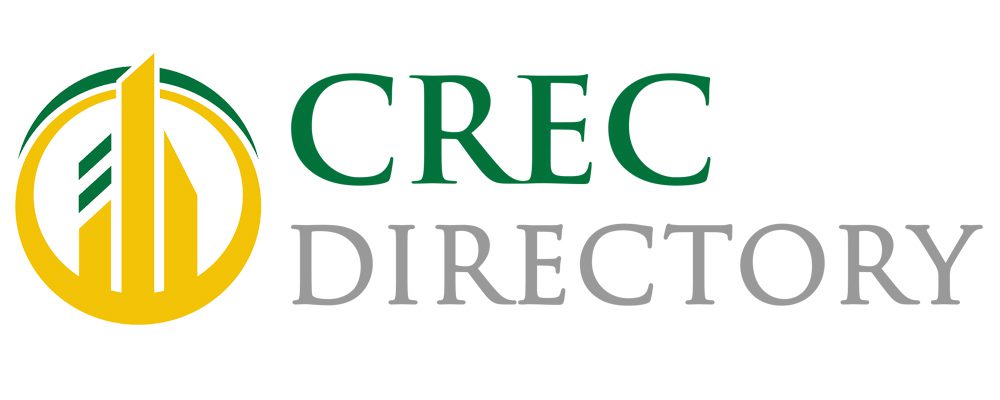Update 2/20/24
This week, both the House and the Senate passed bills concerning the legalization and regulation of marijuana sales, marking a significant stride towards cannabis legalization for adult use in the state. The Senate Bill 448 and House Bill 698 aim to initiate legal, regulated marijuana sales starting next year. However, there are notable differences between the two bills regarding several key aspects:
Timing: The exact timeline for when sales would begin varies between the bills.
Licensing: There are differences in how licenses for selling and cultivating cannabis would be issued.
Taxes: The tax rates and structures proposed by each bill differ.
Social Equity: Each bill has its approach to ensuring social equity in the cannabis industry.
Criminal Penalties: The bills propose different changes to existing criminal penalties related to cannabis.
Outdoor Cultivation: There is a disagreement on whether cultivators should be allowed to grow cannabis outdoors.
Despite these differences, the passage of both bills represents a major move forward towards the legalization of cannabis for adult use within the state. Efforts are ongoing to reconcile the differences and finalize a unified bill for implementation.
About Virginia Cannabis Legislation
Virginia stands out as a trailblazer in the history of cannabis legislation in the United States, being among the first states to recognize and legalize the medical use of marijuana. In 1979, Virginia passed legislation allowing doctors to recommend cannabis for the treatment of glaucoma and the side effects of chemotherapy, marking a pioneering step towards acknowledging the medicinal value of cannabis. This early legislative action set the stage for the gradual expansion and formalization of medical marijuana programs not only within the state but also serving as a precedent for other states considering similar measures.
Over the years, Virginia has continued to evolve its medical marijuana policies, culminating in a more comprehensive medical cannabis program that provides relief to many patients across the state. New regulations that have been proposed outlines a pathway for existing medical Pharmaceutical Processor license holders to open Cannabis Dispensing facilities in the state.
On January 10th, Virginia legislators unveiled House Bill 698, aimed at establishing an adult-use cannabis market in the state. While the use, home cultivation, and possession of marijuana have been legal since 2021, efforts to create a commercial market for adult use have encountered legislative hurdles. However, recent shifts in the legislative landscape have sparked hope among cannabis advocates that cannabis sales provisions could be enacted this year.
House Bill 698 proposes a structured rollout for the adult-use cannabis market. According to this legislation, existing medical marijuana businesses would be permitted to start adult-use operations from July 1 of the current year. Furthermore, a phased approach would allow other entities, including microbusinesses and a limited number of hemp companies, to initiate operations by January 1, 2025. A more comprehensive issuance of licenses across all categories is anticipated by July 1, 2025, which would mark the full operationalization of the adult-use market.
A key feature of HB 698 is the introduction of a new microbusiness licensing program, focusing on social equity. This program aims to offer small business licenses to eligible individuals, including veterans or those from areas historically impacted by marijuana policing. It also seeks to provide technical assistance and additional benefits to qualifying applicants, emphasizing support for communities disproportionately affected by previous cannabis laws.
In terms of taxation, the bill outlines a 6 percent state-level tax on sales of adult-use products, with an option for local governments to impose an additional tax of up to 6 percent. The legislation mandates indoor cultivation practices for cannabis businesses, prohibiting outdoor grows. Notably, individuals with past arrests or convictions related to cannabis offenses are excluded from qualifying for any benefits under the bill, raising discussions on the impacts of cannabis criminalization and the pursuit of equity in the market.
Moreover, the bill includes a provision that allows local governments to opt-out, enabling them to ban marijuana businesses within their jurisdictions if such action is approved by voters. This provision grants communities significant discretion over the establishment and operation of cannabis businesses, aligning with Virginia’s broader goals of creating a regulated, equitable, and community-responsive adult-use cannabis market.





